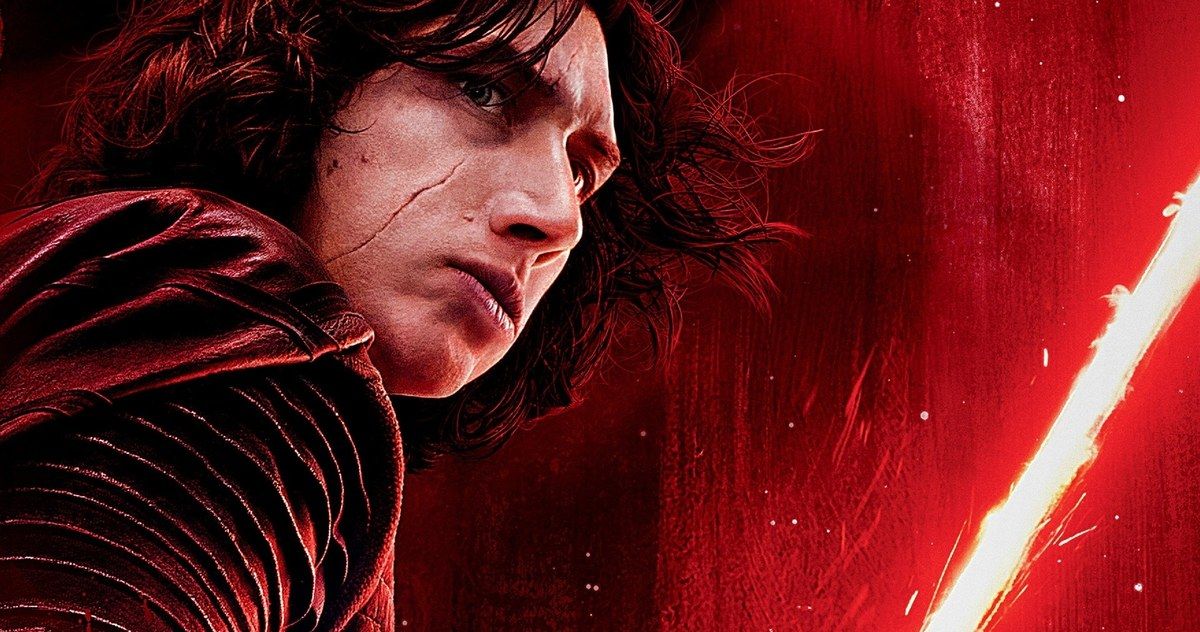Well, that didn't last very long. Disney recently banned the L.A. Times from advanced screenings for any of its movies, which extends to Marvel and Star Wars. The move was in response to a piece the Los Angeles Times ran, detailing the company's business practices in the city of Anaheim, California. Disney didn't particularly like the piece and felt it was unfair. So, they decided to ban the Los Angeles Times. However, Disney has already reversed their decision. Here's what the company had to say in a statement on the matter.
"We've had productive discussions with the newly installed leadership at The Los Angeles Times regarding our specific concerns, and as a result, we've agreed to restore access to advance screenings for their film critics."
The Los Angeles Times recently made it public that Disney had placed a ban on their publication, which caused a great deal of backlash. Not only from other journalists, but critics associations and other important figures in Hollywood got behind the publication, calling into question Disney's decision, which was seen as a slippery slope by many, as Disney is a huge company and was interfering with a major publication's ability to cover their upcoming movies.
Members of the Los Angeles Film Critics Association, the New York Film Critics Circle, the Boston Society of Film Critics and the National Society of Film Critics denounced Disney's decision and disqualified them from year-end awards consideration. The critics groups would only change this decision if Disney "publicly rescinded" the ban against the Los Angeles Times, which they've now done. Here's the full statement.
"The members of the Los Angeles Film Critics Association, the New York Film Critics Circle, the Boston Society of Film Critics and the National Society of Film Critics jointly denounce the Walt Disney Company's media blackout of the Los Angeles Times. Furthermore, all four critics' organizations have voted to disqualify Disney's films from year-end awards consideration until said blackout is publicly rescinded. On Nov. 3, The Times published a statement that its writers and editors had been blocked from attending advance screenings of Disney films, in response to The Times' news coverage of Disney's business arrangements with the City of Anaheim. Disney's actions, which include an indefinite ban on any interaction with The Times, are antithetical to the principles of a free press and set a dangerous precedent in a time of already heightened hostility toward journalists. It is admittedly extraordinary for a critics' group, let alone four critics' groups, to take any action that might penalize film artists for decisions beyond their control. But Disney brought forth this action when it chose to punish The Times' journalists rather than express its disagreement with a business story via ongoing public discussion. Disney's response should gravely concern all who believe in the importance of a free press, artists included. The New York Film Critics Circle will vote on its annual awards Thursday, Nov. 30; the Los Angeles Film Critics Association will vote Sunday, Dec. 3; the Boston Society of Film Critics will vote Sunday, Dec. 10; and the National Society of Film Critics will vote Saturday, Jan. 6."
Because of the ban placed by Disney, the Los Angeles Times was not able to include Disney movies as part of their upcoming holiday movie preview. Nor were they able to prepare a review of Thor: Ragnarok in advance of the movie's release in theaters last Friday. Not only were various members of the media upset with Disney, but director Ava Duvernay, who recently became the first female director of color to helm a $100 million movie with A Wrinkle in Time for Disney, took to Twitter to stand in solidarity with the journalists who decided to boycott the Mouse House.
"Saluting the film journalists standing up for one another. Standing with you."
The two-part piece that the Los Angeles Times published in September detailed certain incentives Disney was provided by the city of Anaheim, in addition to the impact the company has on local elections. Disney initially said, "the L.A. Times showed a complete disregard for basic journalistic standards." However, there's no evidence that Disney asked the publication to run any sort of correction. Instead, they moved forward with their ban, which, as we've seen, was a tremendously unpopular decision.
Disney has become a tremendously popular media company in recent years, which is why this particular ban was so controversial. As the New York Times also joined in on the boycott, prior to Disney revoking their ban. "A powerful company punishing a news organization for a story they do not like is meant to have a chilling effect. This is a dangerous precedent and not at all in the public interest," said the New York Times in a statement. This matter may have been resolved quickly, but the fact that it happened in the first place is no less troubling.

